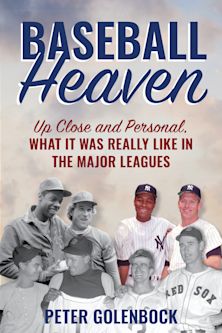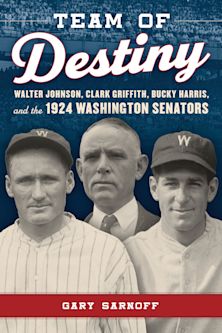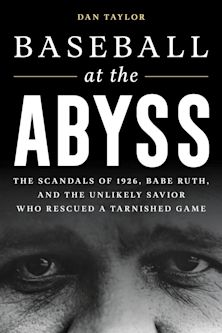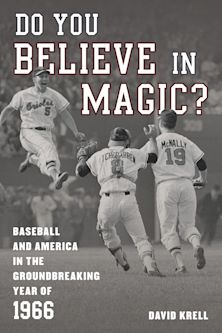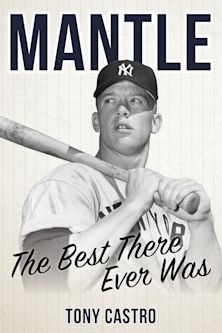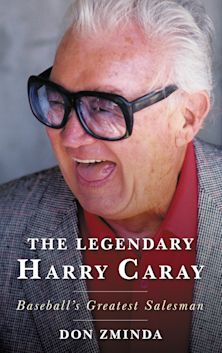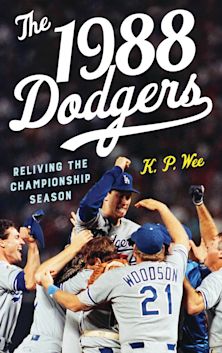This product is usually dispatched within 3 days
- Delivery and returns info
-
Free CA delivery on orders $40 or over
Description
When Ernie Banks passed away in 2015, he was regarded as one of the most beloved men in baseball history. Making his start as a shortstop with the Kansas City Monarchs in the Negro Leagues as a teenager, Banks went on to become the first African American to play for the Chicago Cubs. Known affectionately as “Mr. Cub,” he brought exceptional talent and boundless optimism to the game of baseball, earning him a Presidential Medal of Freedom and a place in the Hall of Fame.
In Let’s Play Two: The Life and Times of Ernie Banks, Doug Wilson explores the life of one of baseball’s most immortal figures, from his humble beginnings as a young boy living in the segregated South to his last few years and the public battles over his remains and will. Drawing on interviews of those close to Banks from all stages of his life, Wilson presents a portrait of the baseball player not just as an athlete, but also as a complex man with ambitious goals and hidden pains.
Ernie Banks’s enthusiasm and skill transcended issues of race and helped him to become one of the most highly-regarded men in baseball. Offering details that have never before been printed, this book discusses Banks’s athletic prowess as well as the legacy he left behind. Let’s Play Two is the essential Ernie Banks biography for sports fans and historians alike.
Table of Contents
Prologue
Chapter One: Dallas
Chapter Two: Baseball
Chapter Three: Kansas City Monarchs
Chapter Four: Chicago
Chapter Five: Bingo Bango
Chapter Six: Most Valuable Player
Chapter Seven: Becoming Mr. Cub
Chapter Eight: The Old College Effort
Chapter Nine: Windmills
Chapter Ten: Leo Ferocious
Chapter Eleven: RESPECT
Chapter Twelve: That Summer of ’69
Chapter Thirteen: Immortal
Chapter Fourteen: Living as Mr. Cub
Epilogue
Appendix: Ernie Banks’ Career Statistics
Bibliography
Index
About the Author
Product details
| Published | Feb 04 2025 |
|---|---|
| Format | Paperback |
| Edition | 1st |
| Extent | 272 |
| ISBN | 9781538199077 |
| Imprint | Rowman & Littlefield Publishers |
| Illustrations | 16 b/w photos; 1 table |
| Dimensions | 229 x 152 mm |
| Publisher | Bloomsbury Publishing |
Reviews

ONLINE RESOURCES
Bloomsbury Collections
This book is available on Bloomsbury Collections where your library has access.






















